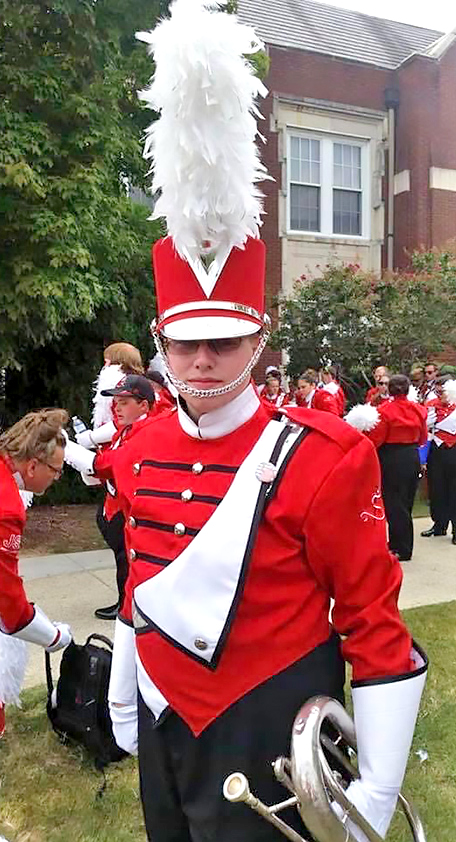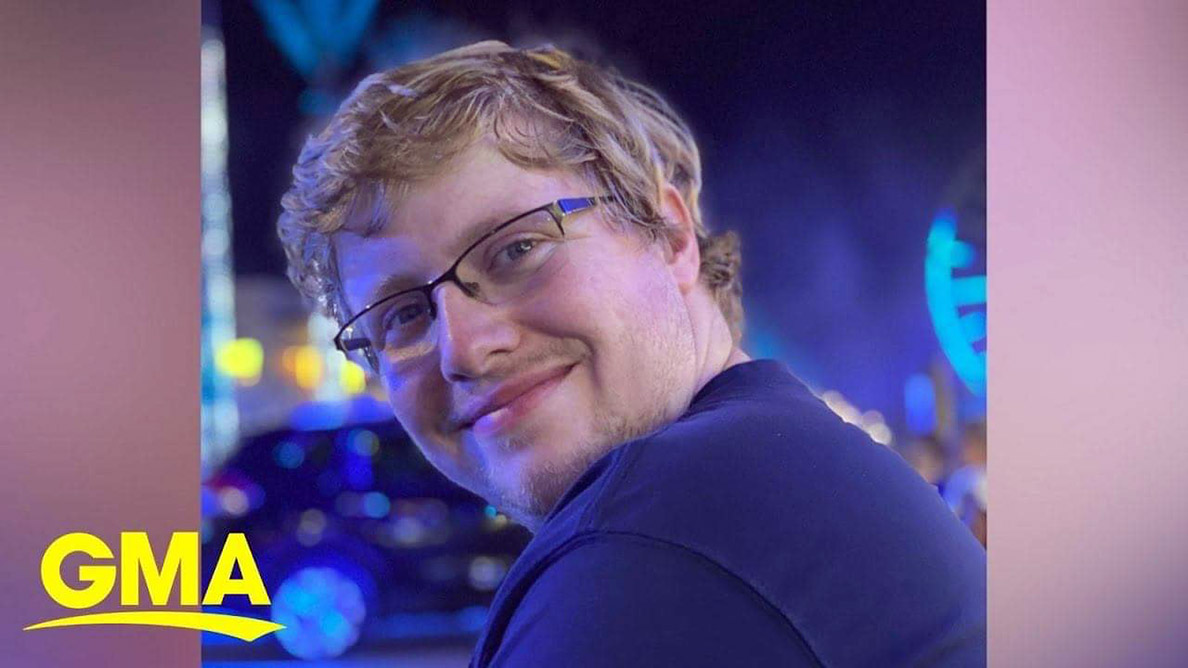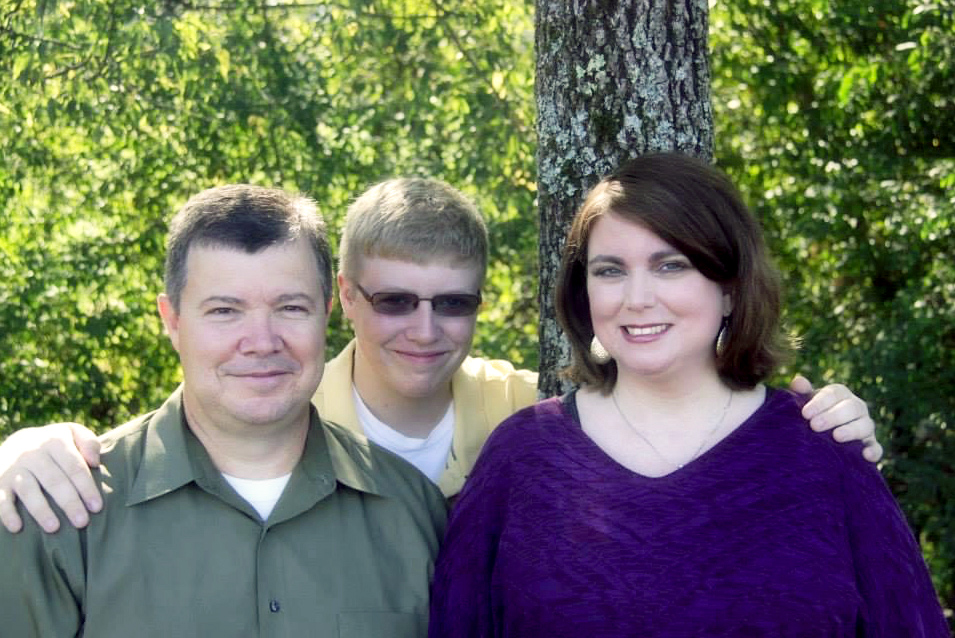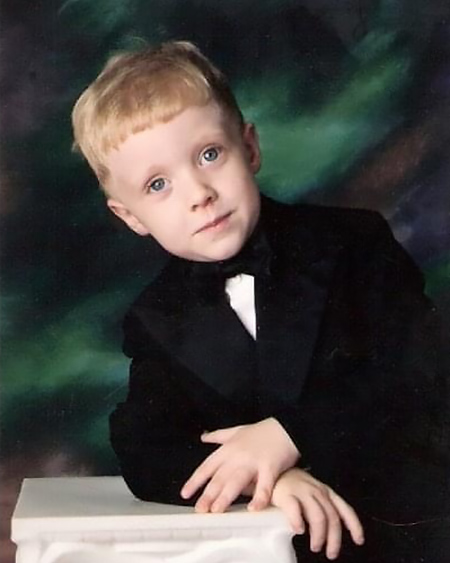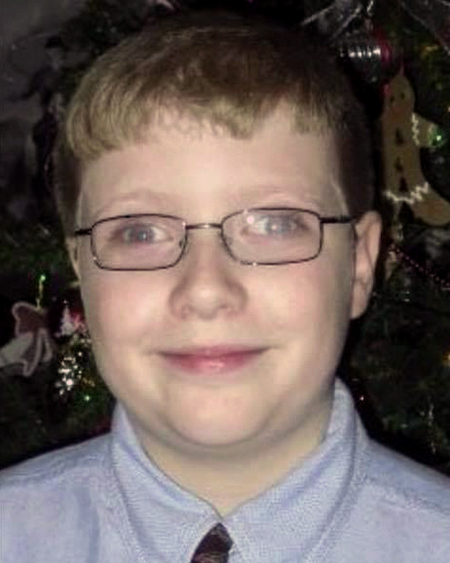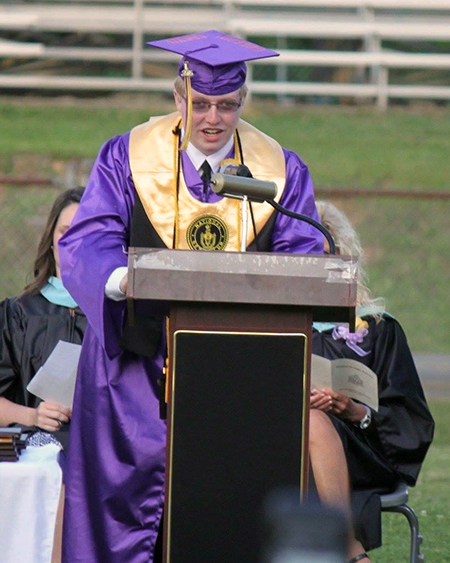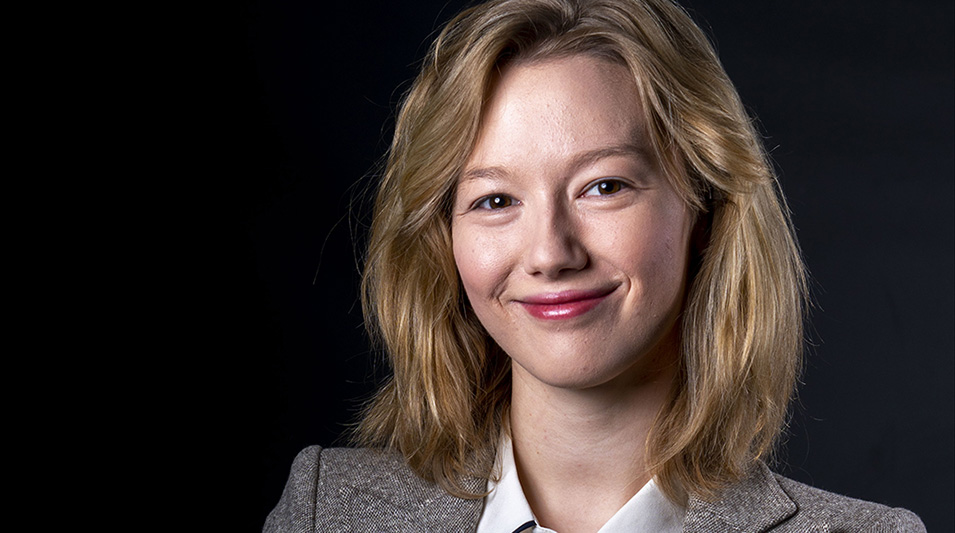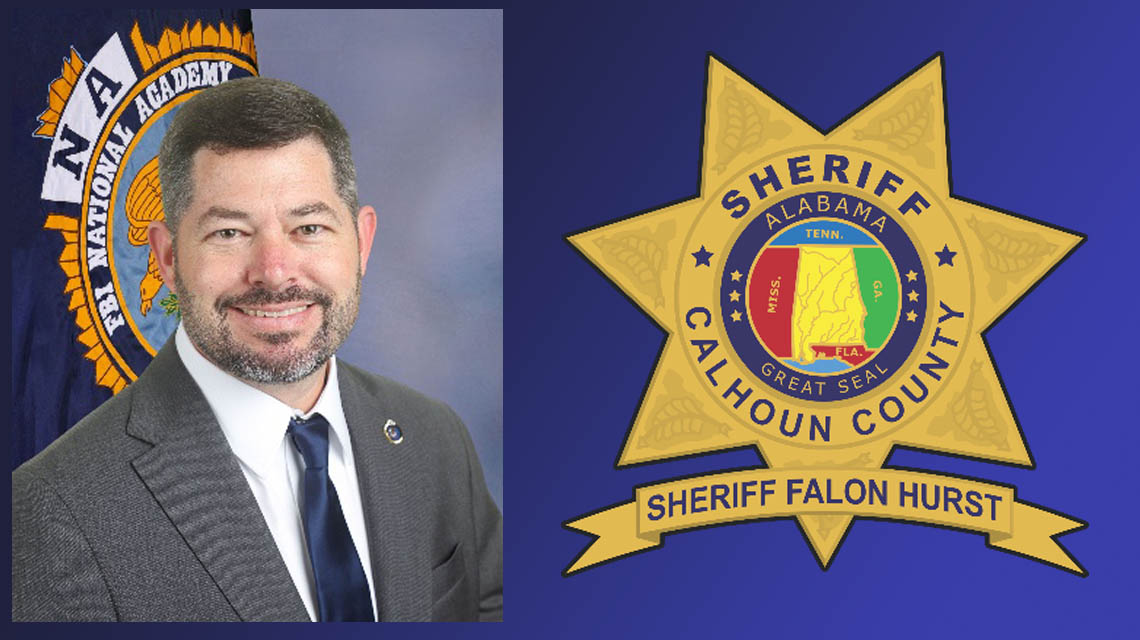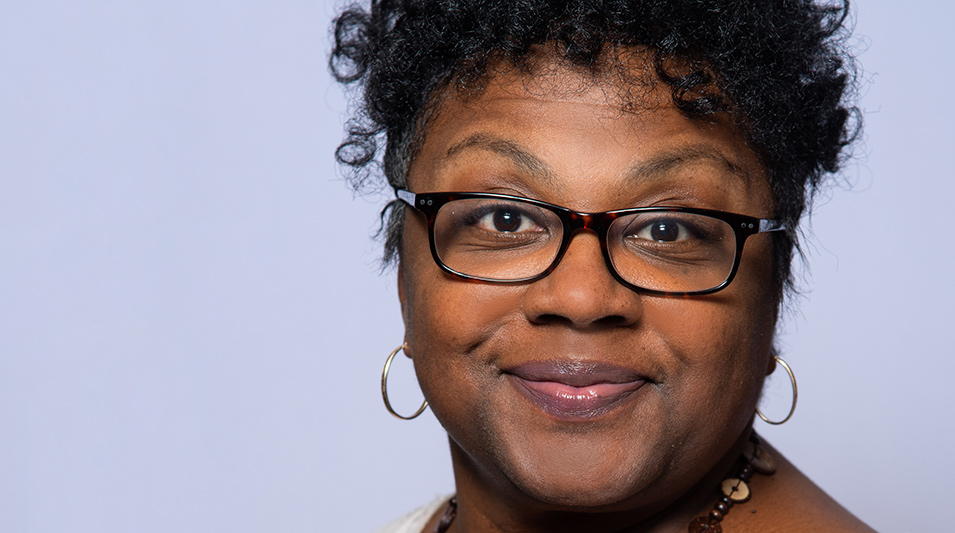"Dear Bronson, I know you’re probably too young to understand this, but part of me feels like you already know what I’m about to tell you …”
Opening with his struggles in elementary school, the video shares how Layton discovered his passion for writing, graduated from high school as class president, enrolled at JSU, joined the Marching Southerners as a baritone player, and is now pursuing an advanced degree to become an English professor. The video provides an inspiring personal perspective that struck a chord with viewers across the country, around the world, and in Layton’s own backyard.
“It’s opened a great many doors for me,” he said
Since its release, Layton, who is preparing to complete his master’s degree in English, has been contacted by “all sorts of press,” he said. “I couldn’t even go to my local grocery store without having to go incognito.”
Layton’s been approached by total strangers asking how they can help their non-verbal child, or those with autism seeking advice about everything, including the best way to ask a girl on a date.
“It’s so empowering to know that I can actually help people,” he said.
News organizations, websites and social media outlets as far as California and Australia picked up the story from GMA and ran with it – all to Layton’s surprise.
“I’m just a kid from Alabama, telling a story,” he said. “I still don’t really understand how this all happened.”



